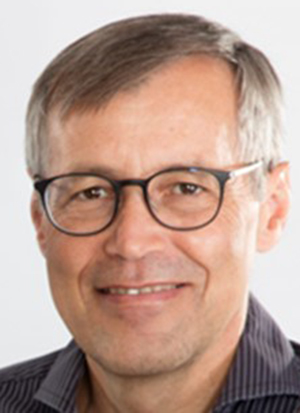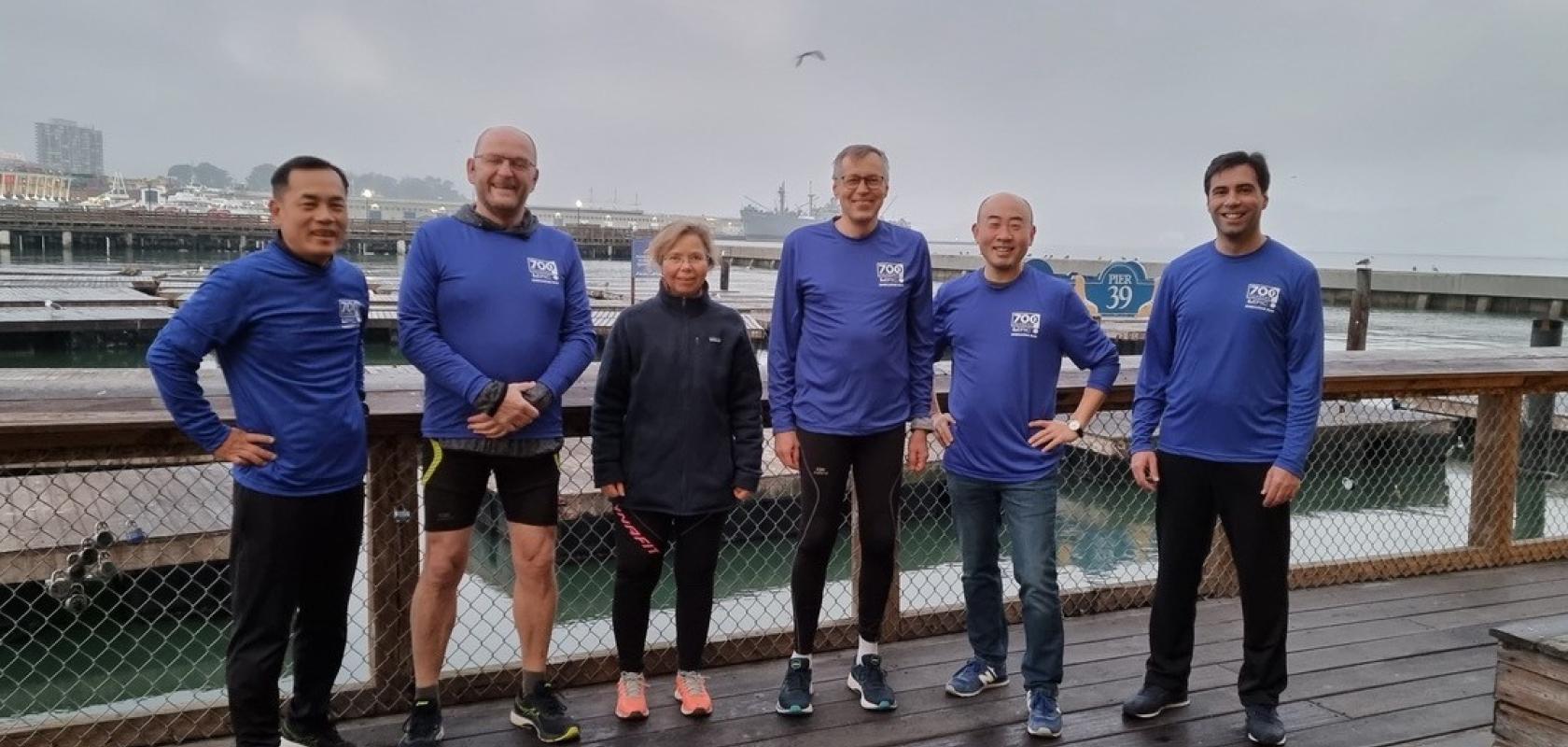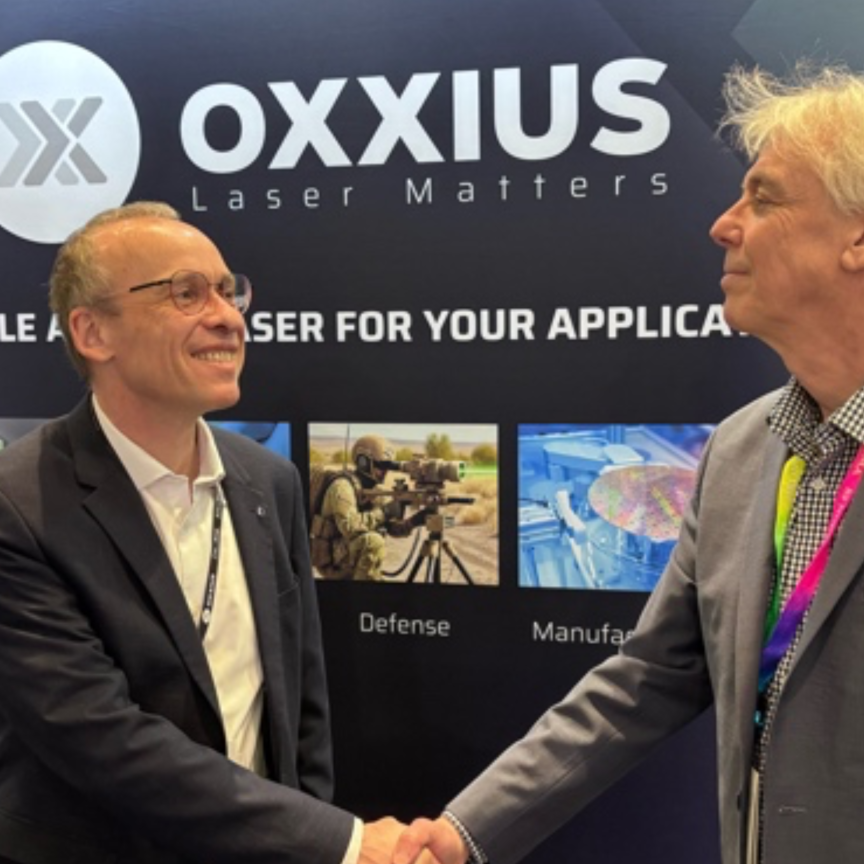Carlos Lee, EPIC’s director general, talks to Christian Bosshard, managing director of Swissphotonics
What’s the background to you becoming MD of Swissphotonics?
In 1986, I graduated with a Diploma degree in experimental physics from the Swiss Federal Institute of Technology (ETHZ), and then continued my studies at ETHZ with a PhD in nonlinear optics and optoelectronics, for which I received a Silver medal award. In 1992, I went to do my postdoc at the Centre for Research and Education in Optics and Lasers at the University of Central Florida in Orlando, where I worked on second- and third-order nonlinear optical effects in organic thin films and devices.

Christian Bosshard
After a year, I returned to ETHZ and worked for the next eight years as a senior scientist and Lecturer in experimental physics. Then in 2001, I moved to the Swiss Center for Electronics and Microtechnology (CSEM) as a Section Head leading a research group focused on the integration and packaging of optoelectronic components. In 2013 I was asked by Christoph Harder, President of Swissphotonics to become Swissphotonics’ managing director. In the same year, I became Divisional Head and VP of CSEM’s micro & nano optics centre in Muttenz, near Basel.
Actually, I’d been involved with Swissphotonics since 2006, when Christoph Harder first set up the organisation to create a power photonics network to support Swiss industry. At the same time the Professors Konrad Wegener, Valerio Romano and Beat Neuenschwander had started an association Swisslaser with the same goal and thus it was decided to join forces. My interest stemmed from an extensive background in photonics and because it had always been CSEM’s role to support Swiss industry. I initially served as CSEM’s representative on the Swissphotonics’ Executive Board, and starting 2013, I’ve worked for the organisation part-time through a contract with CSEM.
What are the aims of Swissphotonics and what activities do you currently provide for your members?
Swissphotonics is a non-profit association which aims to improve the competitiveness of its members through the support of innovation. We currently have around 200 members, the majority being SMEs.
Our activities are in four main areas:
-
Events: these cover workshops to foster interaction within the innovation community, roundtables to address challenges and we support conferences to provide opportunities for communicating leading edge information.
-
Services for companies: these include eight clusters which act as centres of competence and provide single point of contact service and support to SMEs. We also provide access to market data and reports and organise workshops to bring research and industry together to enable companies to find a matching research institute.
-
Support for research: for example,workshops to enable research organisations to find a matching company, to obtain funding and access to photonic market data and reports. We also provide support regarding intellectual property questions and information about Swiss and European strategic Research agendas, research platforms and initiatives as well as government and private funding opportunities and how to access them.
-
Networking: In this area, we provide support for networking within Switzerland and access to international contacts within Europe (EPIC, Photonics21) and worldwide (Optica, formerly OSA, IEEE Photonics, IOA)
-
Website: We maintain a website, www.swissphotonics.net, full of technical and support information, not only for our members but also as a service to the community
What are your main challenges going forward?
Until recently, we were receiving funding from Innosuisse, the Swiss Innovation Agency to support our activities. Research and development projects with public funding of around 10 million Swiss francs (matched by 10 million Swiss francs from the private sector) were approved with the support from Swissphotonics every year giving a yearly total of 20 million Swiss francs for projects for the Swiss photonics community. The money was provided for eight years for very specific goals such as organising a specific number of workshops per year and increasing the number of our members.
This funding has now stopped, and as a result, we have had to look for alternative funding and cut back on our activities, although we still hold regular onsite workshops. In addition, we are organising more online meetings and have started regular 45-minute Tuesday lunchtime chats comprising five to ten minutes chatting and then a 15- or 20-minute presentation mainly on technology such as lasers and photonic integrated circuits, followed by a question and answer session. We also have on-line yoga sessions on Thursday mornings!
A major problem in relation to funding is that Switzerland is no longer part of Horizon Europe, which means that for certain activities, for example, in quantum and space we cannot participate because these areas are seen as strategic for Europe. While this is bad news for Swiss companies and research institutes, on a positive note, the Swiss government has allocated funding for transition measures in Switzerland. In this context Swissphotonics is participating in the discussion by bringing in the view and needs of the Swiss photonics companies. In parallel, we are supporting an initiative for a new Swiss photonics integration technology centre to address the needs of our members.
Another challenge that we’ve begun to address is to bring in younger people to serve on the board of directors. Until recently, the Board had remained more or less the same for 12 years, and discussions tended to focus around similar issues. For this reason, as a start, we’ve brought in four younger people with a large interest in photonics and fresh ideas for future projects.
Finally, a major difference between our network and many other industry associations is that we don’t have any employees. The three people working for Swissphotonics have a paid mandate whereas the members of the Executive Board work on a voluntary basis. This organisation makes Swissphotonics much more lean and flexible in terms of administration and changes in, for example, structure or focus.
What’s your advice for the next generation of entrepreneurs?
I think it's important to bring in business competence from the beginning. We have seen a lot of start-ups struggle because they’ve carried on with an unprofitable activity for too long. For this reason, it’s essential to bring in financial as well as business development competences as soon as possible.
Secondly, it’s important to always be goal oriented. I learnt this already at CSEM because at the end of the day, a customer is only interested in the results and deliverables and does not care about the resources employed.


